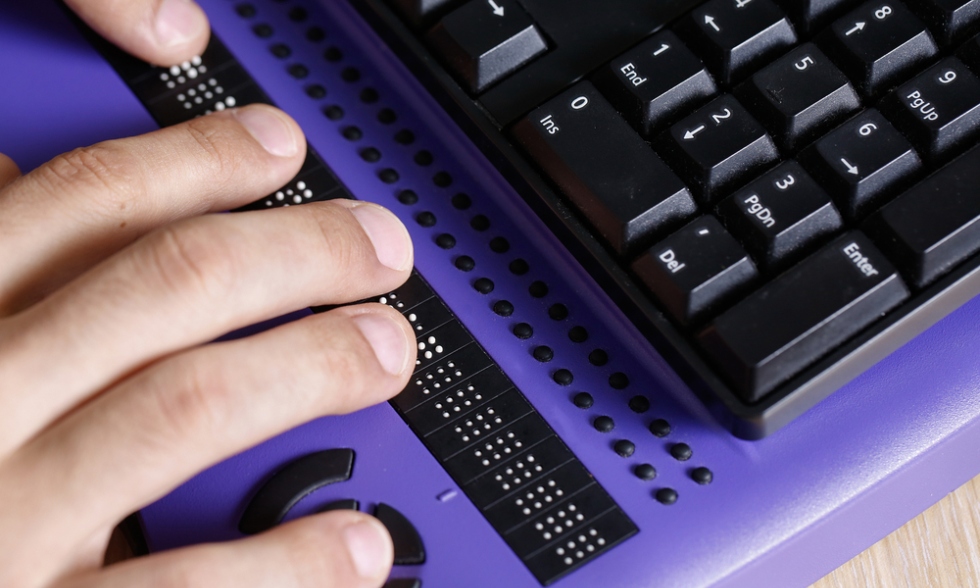Supports aim to make virtual spaces more accessible as work and learning shift online

With physical distancing measures still in place, more of us are working and learning from home than ever before.
It’s a transition that’s proved stressful for many, but for those living with disabilities, the shift to online work and learning environments presents a number of significant and unique challenges.
From inaccessible web design that makes it difficult to use assistive technologies, to a lack of closed captioning on video, to navigating the accessibility features of virtual meeting platforms, people with disabilities regularly face a host of barriers when working or learning online.
May 21, 2020 marks Global Accessibility Awareness Day, a world-wide event that provides an opportunity to talk, think, and learn about digital accessibility and inclusion.
To mark this event, The AccessMac Program within McMaster’s Equity and Inclusion Office is highlighting a number of resources designed to help faculty, staff and students learn about the digital formats, technologies and platforms that are available to support virtual work and learning experiences for those with disabilities.
These resources, which can be found on the COVID-19 Response for Accessibility page on McMaster’s Accessibility Hub, include:
- Resources for faculty and instructors including platforms for online and virtual instruction, ways of creating accessible pre-recorded lectures, accessible documents and presentation training, as well as accommodation and peer support for faculty and instructors with disabilities
- Supports for staff including information on accessible platforms for online meetings, creating accessible communications, remote meetings and closed captioning, as well as accommodation and peer support for employees with disabilities
- Resources for students including emergency financial supports, how to access academic accommodations, workplace accommodations for student employees, accessible platforms for online classes and meetings and peer support for students with disabilities
The Accessibility Hub also contains a host of other tools and information to help make websites and other digital communications more inclusive for persons with disabilities. Visit the Digital Media Accessibility section of The Accessibility Hub for a wide variety of free virtual tools and tutorials.
For more information on how to get involved and to learn the impacts of digital accessibility on individuals with disabilities, please visit the Global Accessibility Awareness Day website.


